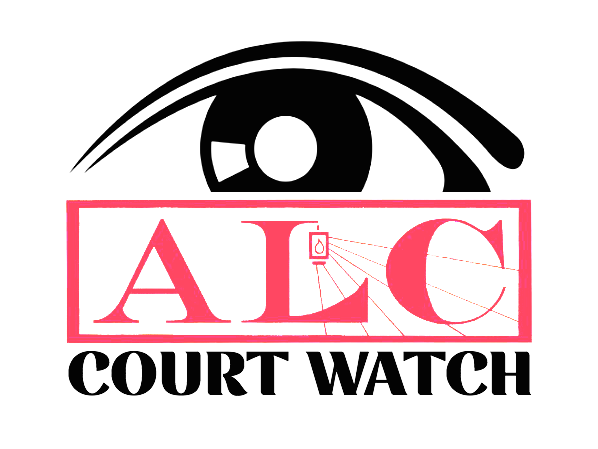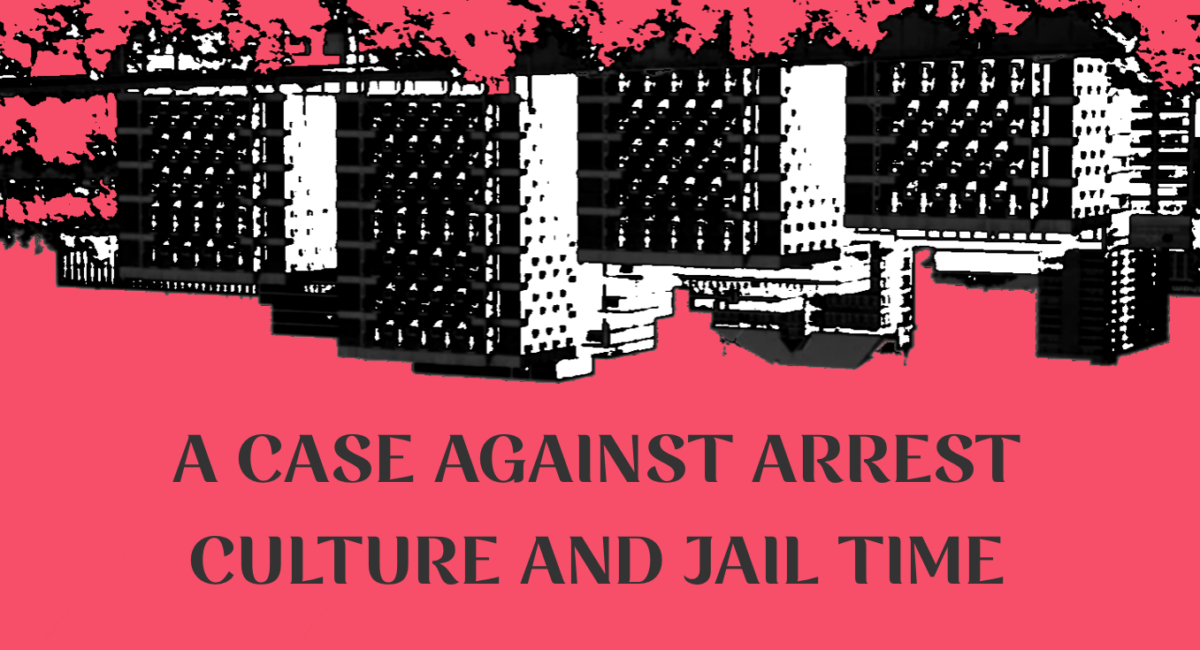by Autumn Redcross
with Quinn Cozzens
April 24, 2020
New statistics reveal that the populations of Allegheny County Jails (ACJ) and its alternative housing have declined sharply since Pennsylvania shut down. The Pittsburgh Post Gazette reported yesterday that “Since March 16, 1,095 inmates have been released from jail as a part of a collaborative effort and then judges, court staff, the district attorney’s office, defense attorneys and the jail to reduce the population.”
However, there have been no concerted efforts by magisterial districts to disengage the arrest culture and arraignment processes of Pittsburgh and Allegheny County. People are still being cycled into the prison system by way of police despite the dangers of COVID-19.
While the ACJ population reduction reflects about a 30% decrease, 342 people have been arrested since March 16. Unfortunately, arrests often lead to jailing.
Unlike prisons, jails theoretically detain people as a precaution for public safety, or to ensure offender attendance in court. But in reality, there are no specific rules dictating either of those possibilities.
ALC Staff Attorney Quinn Cozzens writes, “The system is not up to ensure either of these outcomes. Judges have broad discretion in deciding whether someone will remain in jail and they, along with prosecutor and probation offices, often rely on metrics that function to keep people of color and poor people incarcerated.”
In other words, there are innocent people at ACJ – people who have not been adjudicated or convicted of any crime. Twenty-one percent of people at ACJ are held pretrial while the largest cohort (42%) of incarcerated at ACJ, are people held on probation detainers due to “technical violations”. Technical violations vary in form and can include: missing a meeting with a probation officer; testing positive for cannabis on a drug test; or changing housing without approval (i.e eviction or inability to pay rent thus forcing you onto somebody’s couch).
ACJ imprisons those sentenced to 23 months or less, as well as people in federal holding. According to the county site, 1% of the 1,600 people held at ACJ are children – people ages 18 and under. This reflects the archaic legislation of the 1990s that recognized children as adults, despite children lacking the maturity, sense of responsibility, and developmental capacity of adults – research that has been widely cited in Miller v. Alabama, 567 U.S. Supreme Court (2012) and other cases decrying the use of death by incarceration sentences on young people.
The number of children at ACJ mirrors the number of elders – people ages 65 and above – who are also subjected to jail incarceration without apparent consideration for their vulnerability to the disease. A larger number of people (6%) ages 55-64 are currently held at ACJ.
The population numbers at ACJ increase daily with the imprisonment of people charged with petty crimes and those unable to post bail, thus exacerbating structural poverty and systemic racism. Bail allows for release pending trial. Yet bail is not always monetary. Sometimes people are released on a JRS-coordinated mental health treatment program and compliance with its conditions. But when money is the court’s ask, many people don’t have the financial resources to readily post bail.
The cycle of structural violence begins with the arrest. Then detention at the jail. Unable to pay your way out by posting bail, you lose your job. Then maybe your housing. All while accumulating judicial debt.
Today, our loved ones and neighbors are not only held indefinitely in jails and prisons but are actively hunted, pursued and jailed as part of this “invisible war.”
People on the inside and outside, and everyone caught in the grey zones of re-entry, parole, postponed hearings, and technical violations must navigate the catastrophic consequences of COVID-19. Cozzens notes, “In the midst of a pandemic, where the conditions inside of jails and prisons prevent people from taking the most important measures to protect themselves” we call on our county officials and community leaders to move away from arrests and jailing and move towards transformative justice and collective liberation.
Inside ACJ, the conditions are unthinkable. There are reports of rationing toilet paper and soap which are inadequate for daily hygiene. Protective measures to prevent the spread of coronavirus are horrendously insufficient. In the overcrowded shared spaces of jail, where social distancing is impossible, where jail staff cycle in and out, prison systems have become hotspots for contraction and contamination.
Allegheny County’s responsibility for the people they cage and warehouse continues to be disregarded. We must hold the county courts and local magistrates accountable. Who will answer the call – to put human lives ahead of the state’s desire for jailed bodies and merciless bail?

